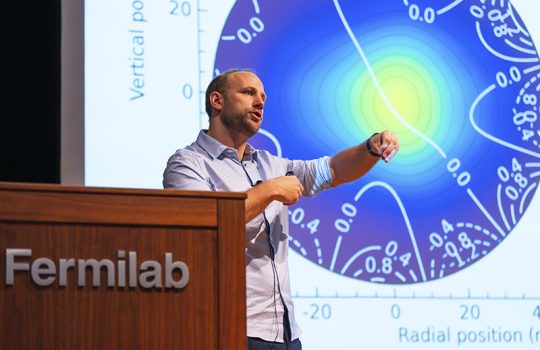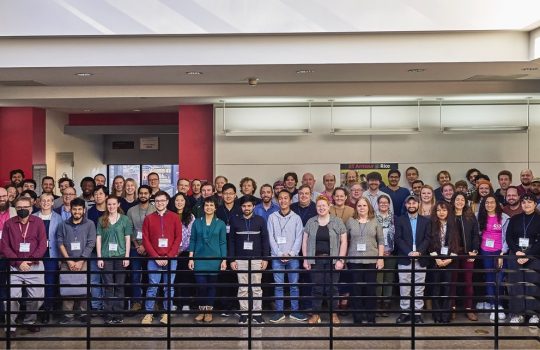NOvA maps neutrino oscillations over 500 miles with 10 years of data
Phys.org, February 11, 2026
The NOvA experiment published some of the most precise neutrino oscillation measurements to date including the difference in mass between neutrinos of different flavors with a precision of 1.5%


